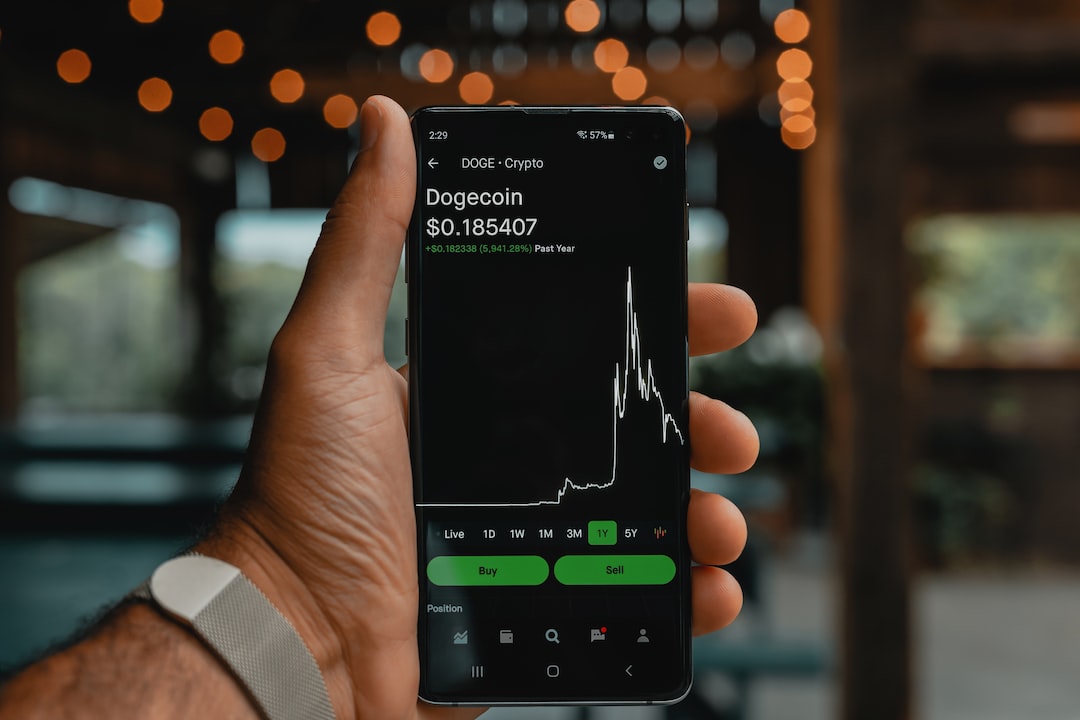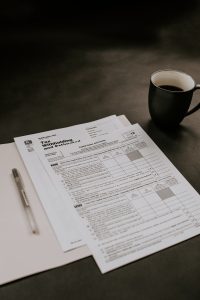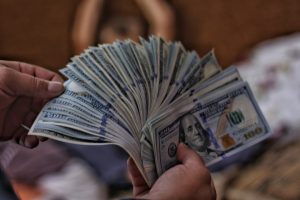Foreign Exchange or Forex, as it is popularly known, is a decentralized global market for trading currencies. It is the largest and most liquid financial market in the world, with an average daily trading volume of $5.3 trillion. Forex trading involves buying and selling currencies with the aim of making a profit from the fluctuations in their values relative to each other.
Forex trading in the US is regulated by several government agencies, including the Commodity Futures Trading Commission (CFTC) and the National Futures Association (NFA). The CFTC is an independent regulatory agency that oversees the futures and options markets, including the forex market. The NFA is a self-regulatory organization that works in partnership with the CFTC to ensure the integrity of the forex market.
The CFTC was established in 1974 as an independent agency with the mandate to regulate the commodity futures and options markets in the US. In 2010, the Dodd-Frank Wall Street Reform and Consumer Protection Act expanded the CFTC’s jurisdiction to include over-the-counter forex trading. The Act mandated the CFTC to regulate retail forex trading, including brokers, dealers, and other financial intermediaries involved in the forex market.
The CFTC’s primary role is to protect investors from fraud, manipulation, and abusive practices in the forex market. It does this by setting minimum financial requirements for forex brokers and dealers, monitoring their activities, and enforcing compliance with the regulatory framework. The CFTC also requires forex brokers to be registered with the NFA and to adhere to strict reporting and disclosure requirements.
The NFA is a self-regulatory organization that was established in 1982 to regulate the US futures industry. It is a membership-based organization that works in partnership with the CFTC to ensure the integrity of the forex market. The NFA’s primary role is to protect investors by enforcing ethical and professional standards among its members.
The NFA requires forex brokers to register with the organization and to comply with its stringent regulatory framework. This framework includes rules on disclosure, reporting, and record-keeping, as well as requirements for capitalization, risk management, and anti-money laundering measures. The NFA also conducts regular audits and inspections of its members to ensure compliance with its rules and regulations.
In addition to the CFTC and the NFA, other regulatory bodies also oversee certain aspects of the forex market in the US. The Securities and Exchange Commission (SEC) regulates forex trading in securities, while the Financial Industry Regulatory Authority (FINRA) oversees forex trading by broker-dealers.
In conclusion, the forex market in the US is regulated by several government agencies, including the CFTC and the NFA. These agencies work together to protect investors from fraud, manipulation, and abusive practices in the forex market. Forex brokers and dealers are required to register with these organizations and to comply with their strict regulatory frameworks. The regulatory framework includes rules on disclosure, reporting, and record-keeping, as well as requirements for capitalization, risk management, and anti-money laundering measures. The forex market in the US is a highly regulated industry, and investors can trade with confidence knowing that their interests are protected by these regulatory bodies.





